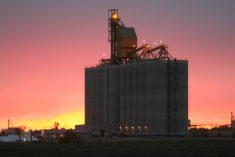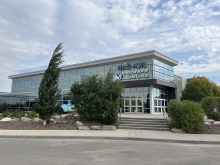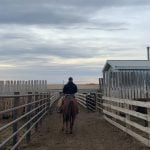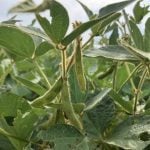Keith Downey’s career path came to a fork in the 1950s, with tines of either forage or rapeseed research stretching out in front of him.
He chose rapeseed and went on to play a major role in the transformation of the crop and development of the canola industry in Canada. He took the plant beyond industrial markets into vegetable oils for human consumption.
“It was very exciting, very productive and very satisfying,” said Downey of his work in canola.
He doesn’t doubt he would have made his mark in forage too, eventually.
Read Also
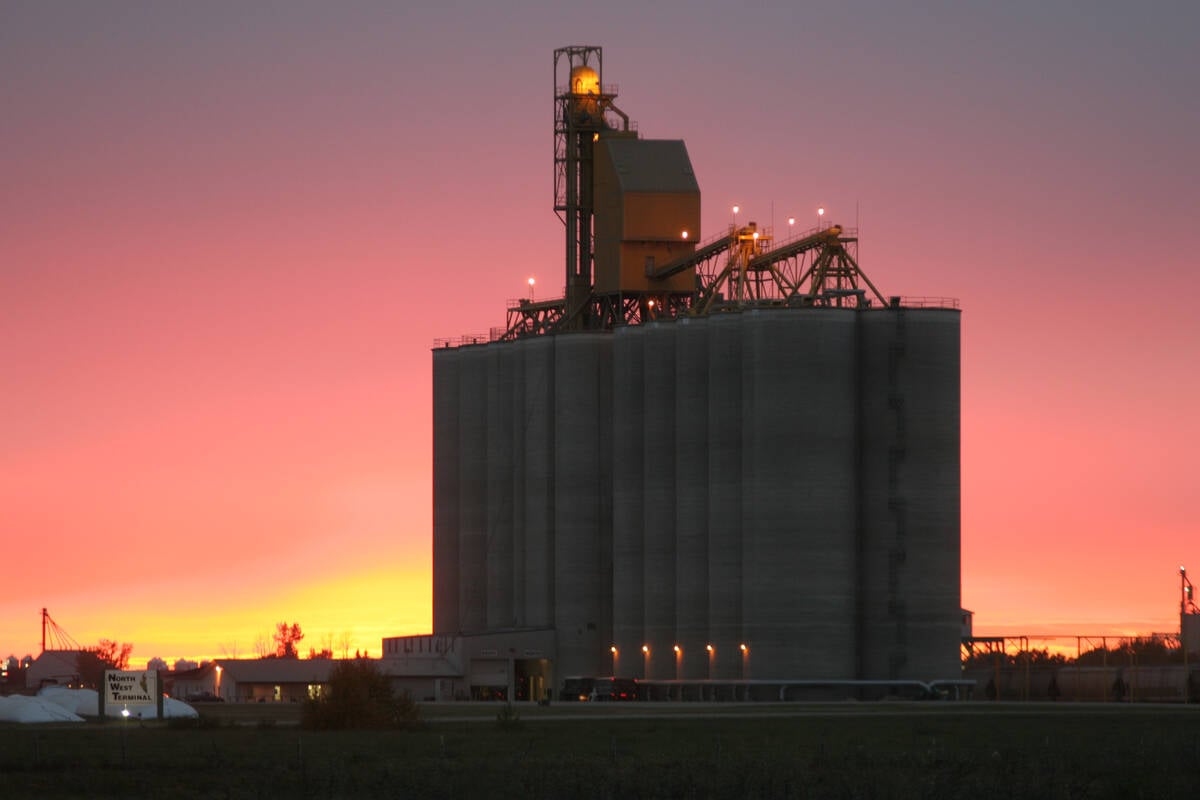
Bunge to acquire North West Terminal Ltd.
Bunge plans to buy the assets of North West Terminal in Unity, Sask.
“It would be longer coming and with not the same impact.”
Downey was well placed to take advantage of a revolution in rapeseed, as a lead researcher seeking to develop varieties with low erucic acid and glucosinolates.
The son of a school principal, he started dabbling in agriculture as a teen by working in the Dominion Forage Crops field laboratories.
While completing an agriculture degree at the University of Saskatchewan, he maintained research plots as rapeseed was being introduced.
“I was there from the beginning.”
He continued to study and work in forages at the Lethbridge Research Farm, where he was the alfalfa breeder behind the development of the variety Beaver.
He returned to the U of S as an alfalfa breeder and took on “a little program on rapeseed” also.
Downey, who is credited with creating a number of alfalfa, rapeseed and mustard varieties, narrowed his research focus to rapeseed because of the range of genetic variation among rapeseed varieties.
“The challenge was to make that crop better adapted to Western Canada,” he said.
But Downey didn’t stay in the fields and labs. He was involved in selling the product in national and international markets, presenting scientific papers and joining trade missions abroad.
“You have to be able to talk to the importers of your product and gain their confidence and tell them face to face what we could do to make this crop better, both from a processing and nutritional point of view.
“It became clear it was important to condition our markets for changes in the quality and product we were able to breed into rapeseed and canola,” said Downey.
Plant breeding created an early maturing variety that increased the oil content in seeds for processors and was better adapted to the shorter growing period.
Changes to the fatty acid content of rapeseed also affected other oils, which had to respond to the new rapeseed’s challenge. They were manipulated to make their products more nutritionally desirable or versatile.
Research also focused on the sulfur content in seeds that interferes with animals’ iodine uptake by the thyroid gland. That can lead to poor feed efficiency, poor weight gain and goiters in non-ruminant animals.
That problem was overcome by processing seeds with dry heat to kill the enzyme. That opened up another market in rapeseed meal for livestock, said Downey.
Previously the meal had only been used as a fertilizer in Japan.
The changeover to a low erucic acid variety happened within two years, but Downey said Canada erred in focusing on preparing the domestic markets for the changes but not the overseas markets.
“The Japanese weren’t all that happy as it was too fast,” said Downey. “If you can’t sell what your improvements are, then there’s not much point in doing the research to bring them about.”
With the change in product came a change in name to canola.
Barb Isman, of the Canola Council of Canada, said Downey and research colleague Baldur Stefansson of the University of Manitoba changed the face of Canadian agriculture by creating a crop that is first or second in economic returns per acre to the farmer.
For their efforts, both were inducted into the Canadian Agricultural Hall of Fame.
“They did it by looking at a problem and finding a solution,” she said of a product with the lowest saturated fat content of all commercially available oils.
“Beyond agriculture, they’ve created a heart-healthy choice for the world,” said Isman.
These days, Downey keeps fit in a cardiac care exercise program, works half days at Agricultural Canada and does consulting work for his company, Canoglobe.
He also attends conferences like the International Rapeseed Congress in Denmark in July, where he spoke on grower adoption and consumer acceptance.
Plant breeding has advanced agriculture, said Downey, who fears the anti-biotechnology campaigns in Europe could seriously erode their benefits.
“The issue is no longer science-based but being driven by emotion and politics.”


